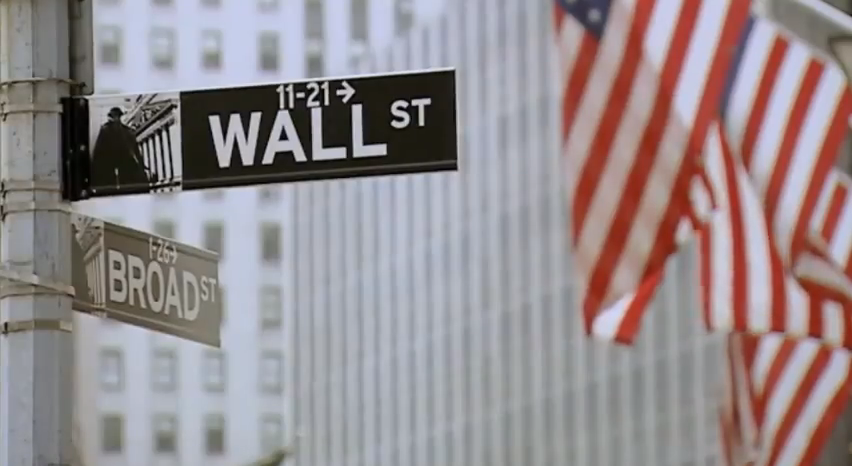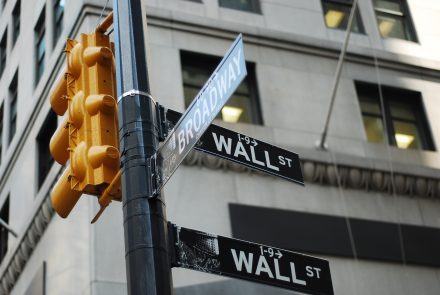JPMorgan Chase Is the Latest Corporation to Raise Its Minimum Wage

 18,000 employees of a major Wall Street bank are about to get a raise—and this time, it’s not the highest-paid executives but the lowest-paid workers, primarily bank tellers and customer service reps, who will benefit. This week, JPMorgan Chase announced that, over the next two years, the company will raise its current minimum wage of $10.15 an hour to between $12 and $16.50 an hour, depending on the cost of living in the affected region. For example, base pay will rise to $15 per hour by 2019 for employees in Chicago, Seattle, L.A., and D.C., and to $16.50 per hour by 2019 for those in the New York City and San Francisco metro areas. (While all of these cities but Chicago are in the process of implementing a $15 minimum wage, JPMorgan’s minimum pay rate will exceed most local requirements in 2019.)
18,000 employees of a major Wall Street bank are about to get a raise—and this time, it’s not the highest-paid executives but the lowest-paid workers, primarily bank tellers and customer service reps, who will benefit. This week, JPMorgan Chase announced that, over the next two years, the company will raise its current minimum wage of $10.15 an hour to between $12 and $16.50 an hour, depending on the cost of living in the affected region. For example, base pay will rise to $15 per hour by 2019 for employees in Chicago, Seattle, L.A., and D.C., and to $16.50 per hour by 2019 for those in the New York City and San Francisco metro areas. (While all of these cities but Chicago are in the process of implementing a $15 minimum wage, JPMorgan’s minimum pay rate will exceed most local requirements in 2019.)
As JPMorgan’s CEO has acknowledged, this isn’t a purely altruistic move: the company can expect to benefit along with the people it employs. Numerous studies have confirmed that increasing the wages paid to low-wage workers results in lower turnover and higher productivity, benefiting employers. More money in working people’s pockets means more money flowing to local businesses, boosting the economy. And evidence from cities like San Jose, San Francisco, and Seattle that have begun to phase in a $15 minimum wage indicates that employment has in fact grown along with workers’ paychecks.
JPMorgan Chase is one of a growing number of employers that are responding to the business case for fair wages as well as the public pressure exerted by the Fight for $15 and other worker organizing efforts. Since 2015, companies ranging from Walmart to Facebook have announced plans to increase pay for their lowest-paid workers. And policy makers are taking action, too; this year, California and New York became the first states to enact a $15 minimum wage, and New Jersey could soon join them (although Governor Christie has threatened to veto the increase passed by the state legislature). The District of Columbia also approved a $15 minimum wage last month.
Of course, not every company—or even every state—will choose to raise wages on its own. We need a federal increase to ensure that many more millions of low-wage workers across the country—most of whom are women—aren’t left behind. But until Congress gets the message, it’s great to see more and more business leaders stepping up to show that what’s good for workers is good for their bottom line, too.




